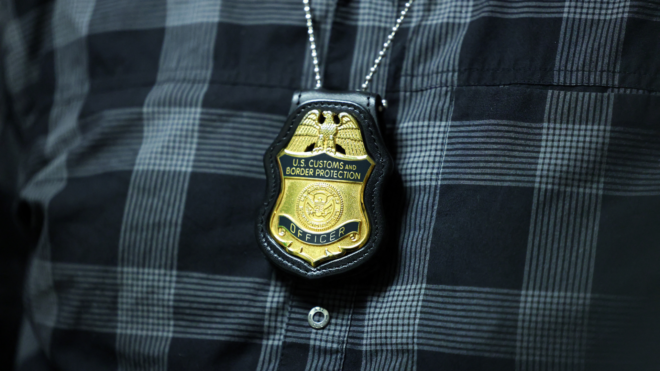Girlfriend, let me tell you that incontinence is a serious problem that affects eighty percent of women in the United States. It has nothing to do with age, race or social status and if you are suffering from this problem you should see a doctor. There are three types of incontinence: early, stress and urgent. And there are countless myths surrounding this condition. Here, we bust the most common myths surrounding female incontinence. Stop living in shame, I tell you!
Read more ¿Qué más?: Fit Mom Maria Kang's "No Excuses" calendar is actually pretty great!
Early incontinence occurs at any age when the pelvic muscles lose elasticity. Stress incontinence happens when you sneeze, laugh, cough or put any kind of pressure on the abdomen. Lastly, urgent incontinence occurs when we have to urinate and can't hold it. If you have any of these symptoms, you suffer from incontinence and should get treatment. These are the most common myths surrounding incontinence, busted.
1. It's because you gave birth vaginally: It's completely unrelated. Incontinence is a problem of the bladder and urinary tract and not of the reproductive system. It's not normal (although it is common) to leak after having a baby so you should definitely consult your doctor if you're having this issue.
2. Leaking before and after periods is normal: No my dear friend, one thing has nothing to do with the other. Leaking is an indication of an overactive bladder and you should see a doctor.
3. You drink too much water: On the contrary, water is fuel for the body, kidneys and bladder. The healthier the kidneys, the better. If you drink a lot, you'll be urinating more but not having incontinence.
4. It only happens to older women: Sadly not. Early incontinence affects young women who are sexually active. Hormonal disorders sometimes affect the function of the bladder causing incontinence.
5. It's not a serious condition: You're not going to die from incontinence, but you are not going to have a good quality of life either. There's nothing more embarrassing than smelling of urine.
6. Its only fixable with surgery: It's proven that magnesium and vitamin D help with bladder function. If the problem is serious, there are meds out there to help you and exercises such as kegels are a good idea too.
Image via Corbis




